The Trade Secret to Durable Concrete Driveways
Driveways are the unsung heroes to enhancing your home’s exterior and property value as a whole. Not only do driveways provide necessary functionality to everyday living, but they also provide intricate beauty and lay the foundation for joyous outdoor memories. One crucial component of a stellar concrete driveway is its need for durability. So, what is the secret to a durable concrete driveway? The thickness of the concrete.
What is the Optimal Thickness for a Concrete Driveway?
Durability is one of many benefits that concrete driveways offer, especially for home and business owners in the Madison, WI area, but how thick does the driveway need to be to last for generations?
Typically, residential driveways are about four inches thick. At Eco Concrete, we go a step further with a 5-inch minimum for all our projects. This extra inch enhances the load-bearing capacity by up to 50% compared to the usual 4-inch pours.
So, what does this mean for you? It means a driveway that’s more resistant to cracking, buckling, and weather damage over time, leading to fewer repairs and a longer-lasting investment.
Determining the right thickness for your concrete driveway isn’t always straightforward. It’s important to consider factors like local geography and the specific uses of your driveway, as these can significantly influence its durability.
Here are a few key factors to consider when deciding on the thickness of your concrete driveway:
Residential or Commercial?
Understanding whether your driveway is for residential or commercial use quickly guides the necessary concrete thickness. Residential driveways typically endure less weight and traffic, with fewer vehicles and minimal exposure to heavy trucks or machinery. Given these lighter load expectations, residential driveways can often be thinner than commercial ones, which need to withstand much heavier and more frequent use.
Soil Composition and Load-Bearing Capacity
The soil type beneath your driveway significantly influences how thick your concrete should be. Some soils naturally support weight better than others. If the soil in your area struggles to bear heavy loads, a thicker concrete layer is essential to ensure stability.
Additionally, soil that tends to shrink and expand with moisture can increase the risk of cracking. This is common in regions with high humidity or frequent rainfall. In such cases, opting for a thicker concrete slab can help mitigate damage caused by soil movement.
Extreme Temperatures
Geographic factors like extreme temperature fluctuations also play a crucial role. In areas with freeze-thaw cycles, where temperatures regularly drop below freezing and then rise again, your driveway is more prone to cracking and crumbling. To combat this, using thicker concrete combined with a high-quality sealer can protect your driveway from these damaging cycles.
Your Next Steps to a Durable Driveway
At Eco Concrete, we understand that every driveway has unique needs, whether you’re accommodating a fleet of family cars or a heavy-duty RV. Our expert team in Madison, WI, is here to assess the specific requirements of your concrete driveway.
Our dedication to a minimum 5-inch thickness of commercial-grade concrete is just the start. We go beyond the basics to ensure that your driveway’s thickness is perfectly suited to your lifestyle, offering enhanced durability and functionality designed just for you.
Ready to start your journey toward a long-lasting driveway? Schedule your consultation online to begin the process!


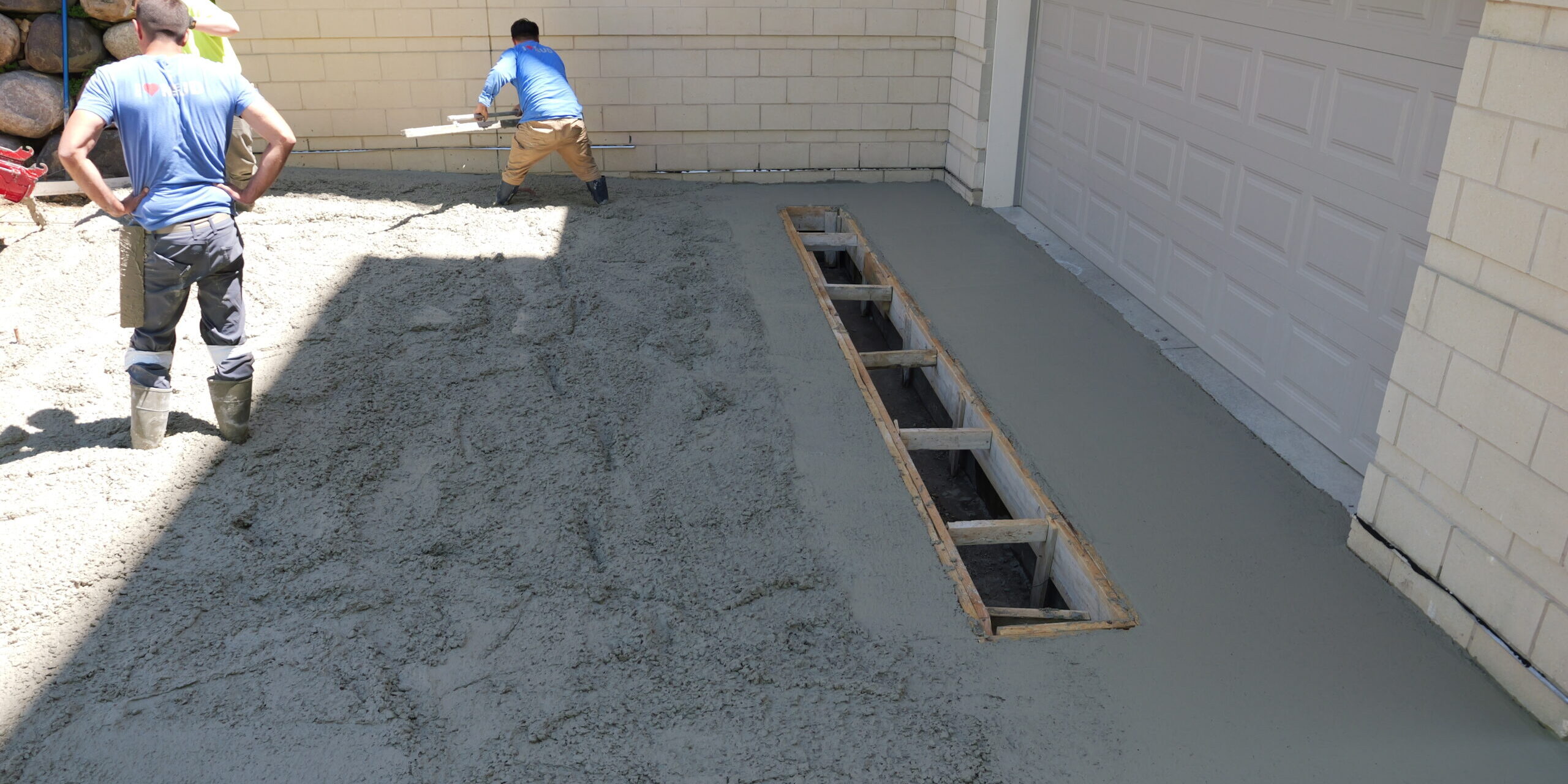






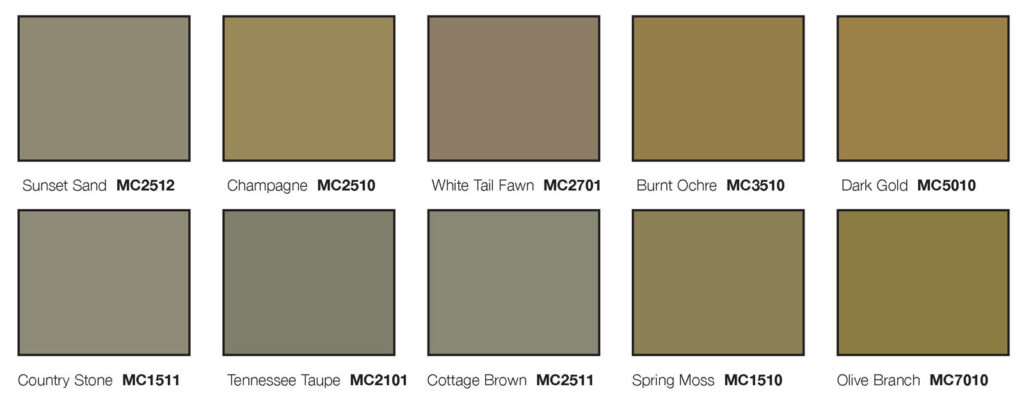
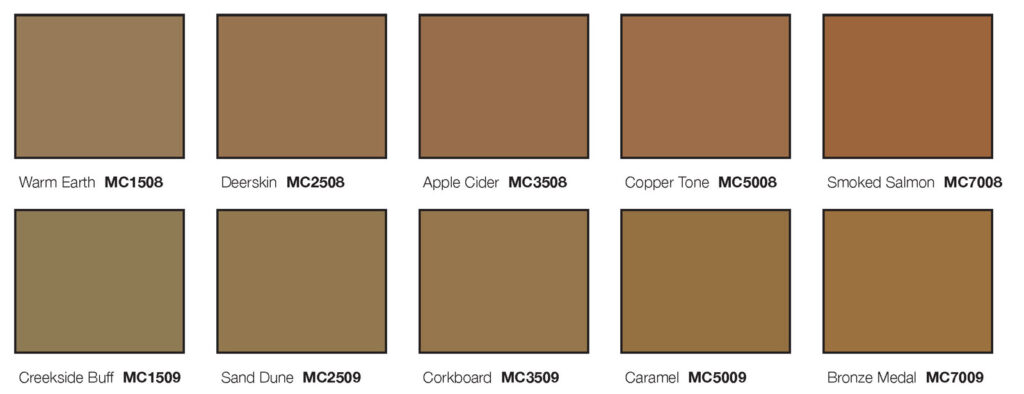
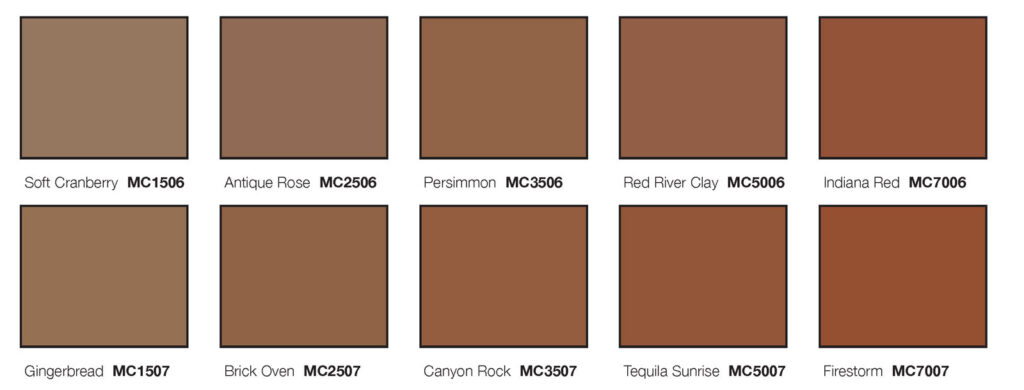
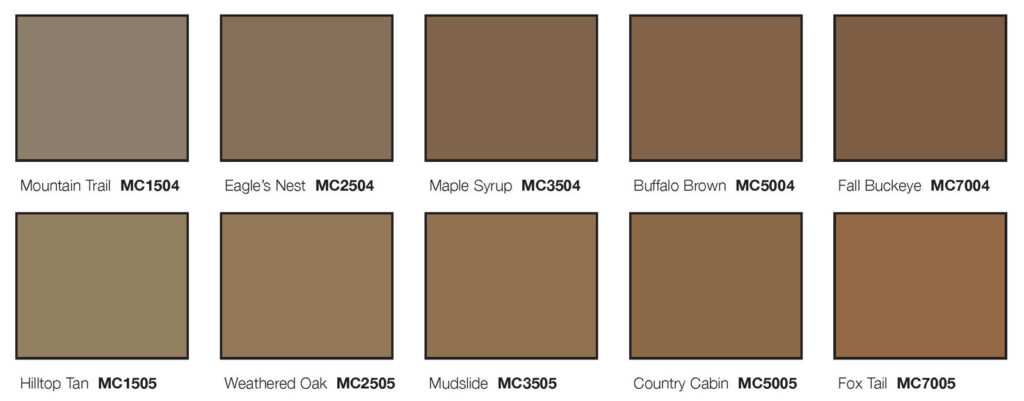



3 Comments